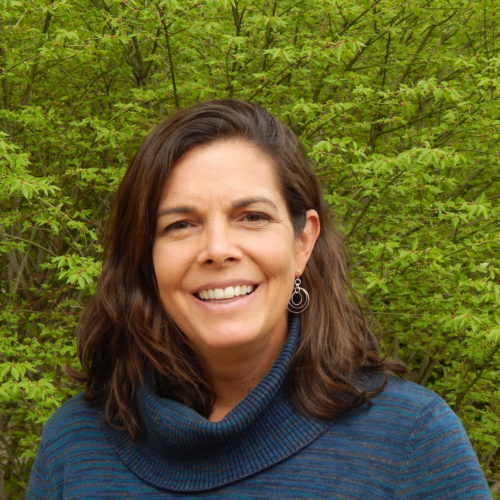B: Globalization and Socio-Economic Development
Network B accepts abstracts of approximately 500 words (deadline December 16 2024).
Network B will organize two virtual sessions during the virtual conference days (1-3 July 2025), as well as a hybrid session during the on-site conference in Montreal (9-12 July 2025).
Submissions can be made through the usual process, details here: https://sase.org/event/2025-montreal/#submission-guidelines
Call for papers
The current political and organizational structures of the world economy, combined with the reorganization of production, have been viewed as both a boon and a bane for national prospects for socio-economic development. The aim of this network is twofold: (1) To test the ambiguous effects of globalization on local socio-economic development and (2) To compare dominant and alternative models of country development and to assess the strengths and weaknesses of development policies for developed, developing, and transition countries.
This network considers how transnational and international institutions, often characterized by their fluidity and informality, and acts of cross-border institutional bricolage by state and societal actors influence the contours of developmental opportunities in the global economy. The network welcomes papers on the domestic social and political arrangements that provide better opportunities for socio-economic development; it also solicits research that addresses how the effects of current forms of neoliberal globalization are affecting developing and developed countries alike, and how those effects vary across social classes and domestic political arrangements. The network is also interested in work that considers whether these new forms of transnational organizations, globalized production, and institutional bricolage are creating new forms of dynamic capitalism that mark a significant departure from extant forms of advanced capitalism. The network particularly welcomes papers that engage with these issues from a multi-disciplinary and cross-regional perspective, including political, sociological, geographic, economic and other perspectives, and especially encourages empirically grounded work drawn from any part of the developing world.





